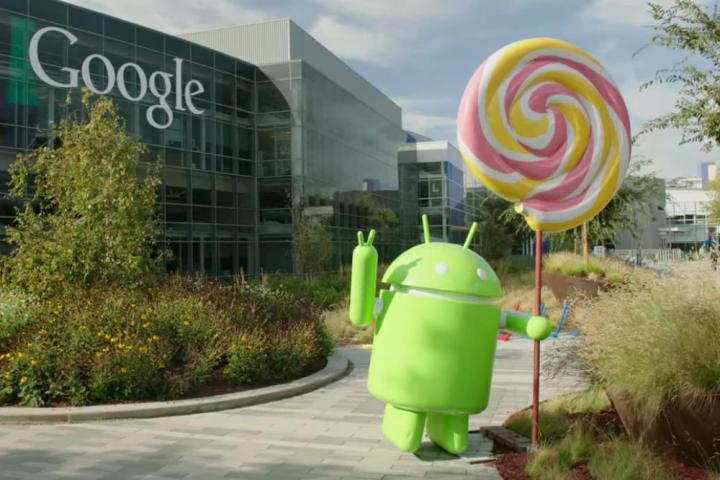
While this is great news for Chinese app makers, there’s still one major problem: There isn’t a Google Play Store in China. Android fans in North America and Europe are accustomed to seeing the Play Store on their brand-new smartphones and tablets right out of the box. In China, this isn’t the case. As such, many Android-based smartphones from China doesn’t have the official Google app suite or access to the company’s app store.
Chinese smartphone manufacturers like Xiaomi work around the problem by offering their own app stores, and customizing Android to suit users’ needs. Google’s complicated relationship with China, privacy concerns, and other issues have impeded the process and resulted in the absence of Google apps and the Play Store in the country.
However, a recent report from the Information hints that Google is seriously considering opening a Play Store in China. Based on the report, Google would offer the option to select device manufacturers who plan to sell their smartphones and tablets in China. The Play Store may look slightly different and some apps may still be unavailable. Additionally, Chinese users may not be required to sign into the Play Store with a Gmail account.
It’s unknown when the Play Store will arrive in China, but Google’s increased openness to the country’s developers may signal the coming of major changes up ahead.
Editors' Recommendations
- How to get Android apps on a Chromebook
- How to install the Google Play Store on an Amazon Fire tablet
- Google is launching a powerful new AI app for your Android phone
- Google just redesigned one of its biggest apps, and it’s bad
- Our 5 favorite iPhone and Android apps by Black developers


